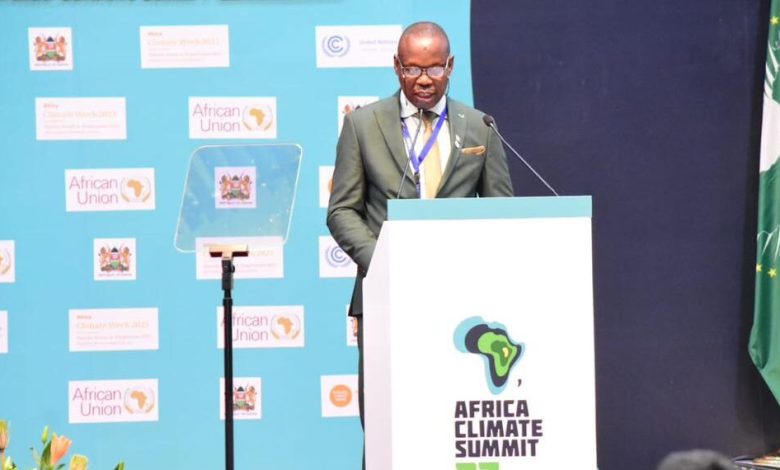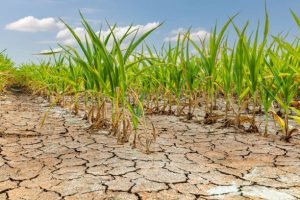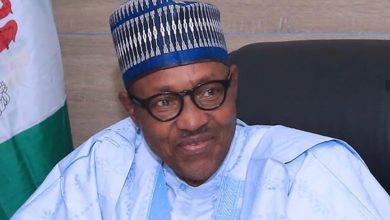
Nigeria needs $17.7 billion annually to meet Nationally Determined Contribution targets, says Salako
The Africa’s most populous country, Nigeria would require $17.7 billion annually to achieve its Nationally Determined Contribution (NDC) unconditional pledges by 2030, as it is noted that Annual climate finance flows to Africa are currently just 11% of what actually require so more investments definitely have to come to the continent.
Penpushing reports that Minister of State, Environment and Ecological Management, Kunle Salako, made this known in Nairobi, Kenya Capital while delivering his remarks at the ongoing Africa Climate Summit.
The Minister who represented President Bola Tinubu at the summit pointed out that the unconditional target in the country’s Nationally Determined Contributions (NDCs) requires $17.7 billion in investments annually.

Penpushing further reports that Salako explained that Nationally Determined Contributions (NDC) is a document embodying ambitious pledges and actions set by countries that have endorsed the Paris Agreement in order to effectively and efficiently reduce carbon emissions, thus mitigating the devastating impacts of climate change in their respective countries.
The Minister, a frontline member of Penpushing Platform said it also contains actions countries intend to take in order to build resilience to adapt to the impacts of the rising temperatures, adding that between 2019 and 2020, all of Sub- Saharan Africa received barely $20 billion dollars in climate finance.
Penpushing also reports that Salako stated that the annual climate summit event as well as their recent efforts and advocacy on the topic of climate change boldly demonstrate to the global community that Africa is rising to the challenge and taking decisive steps to deliver a sustainable economic future for our people.
The Nigeria’s Minister said the African Climate Summit occurs at a pivotal juncture, offering Nigeria an exclusive stage to spotlight its priorities, solutions and needs regarding climate action to the global community.

‘As a continent, it is critical that climate action spurs socioeconomic development for us. We know that with robust planning and increased investments in the region, this is achievable’, the Minister emphasised.
Penpushing reports that Salako explained that Africa is already bearing the brunt of a climate crisis it did not cause but the continent, with significant renewable energy resources, critical minerals, vast carbon sinks and growing population, can be a strong solution centre.
The Minister disclosed that in Nigeria, the government has articulated unchanging position to advance climate action without jeopardising economic development, noting that the country has designed an ambitious Energy Transition Plan to achieve universal access to energy by 2030 and net-zero emissions by 2060 while prioritising industrialization, job creation and economic growth.
‘Significantly, our plan helps to crystallise the scale of resources needed to deliver climate targets, and it is clear that current financial flows will not suffice. Nigeria’s Energy Transition Plan requires $1.9 trillion spending up to 2060, including $410 billion above business-as-usual spending’, he said.
Penpushing further reports that he noted that this additional financing requirement translates to about $10 billion per annum but that average international financing flows to Nigeria for clean energy have been about $655 million per year over the past decade.
The Minister added that the nation is presently establishing partnerships with both public and private sector players, driving innovative policy changes, advancing renewable energy projects including on-grid solar and electric vehicle deployment, and exploring innovative financing mechanisms like carbon trading to lay the foundation for an all-encompassing transition.

Penpushing also reports that Salako said climate action and environmental sustainability is central to achieving four ( food security, poverty eradication, job creation and security) of his eight climate agenda for the country.
‘We recognize that Just Energy Transition Partnerships (JET-Ps) are emerging as an important source of capital for climate-sensitive energy efforts in developing regions and Nigeria wants to be considered for one,” he said.
Penpushing reports that he told world leaders at the summit that Nigeria is currently working on a proposal to the G7 for a JET-P for Nigeria and that it is encouraging that South Africa and Senegal have secured JET-Ps, but they must be scaled up across Africa in addition to other strategic financing opportunities.
FOOTNOTE: You want to share story with us? You want to advertise with us? You need publicity for product, or service, or event? Contact us on WhatsApp +2348073463653 or email penpushing@yahoo.com







